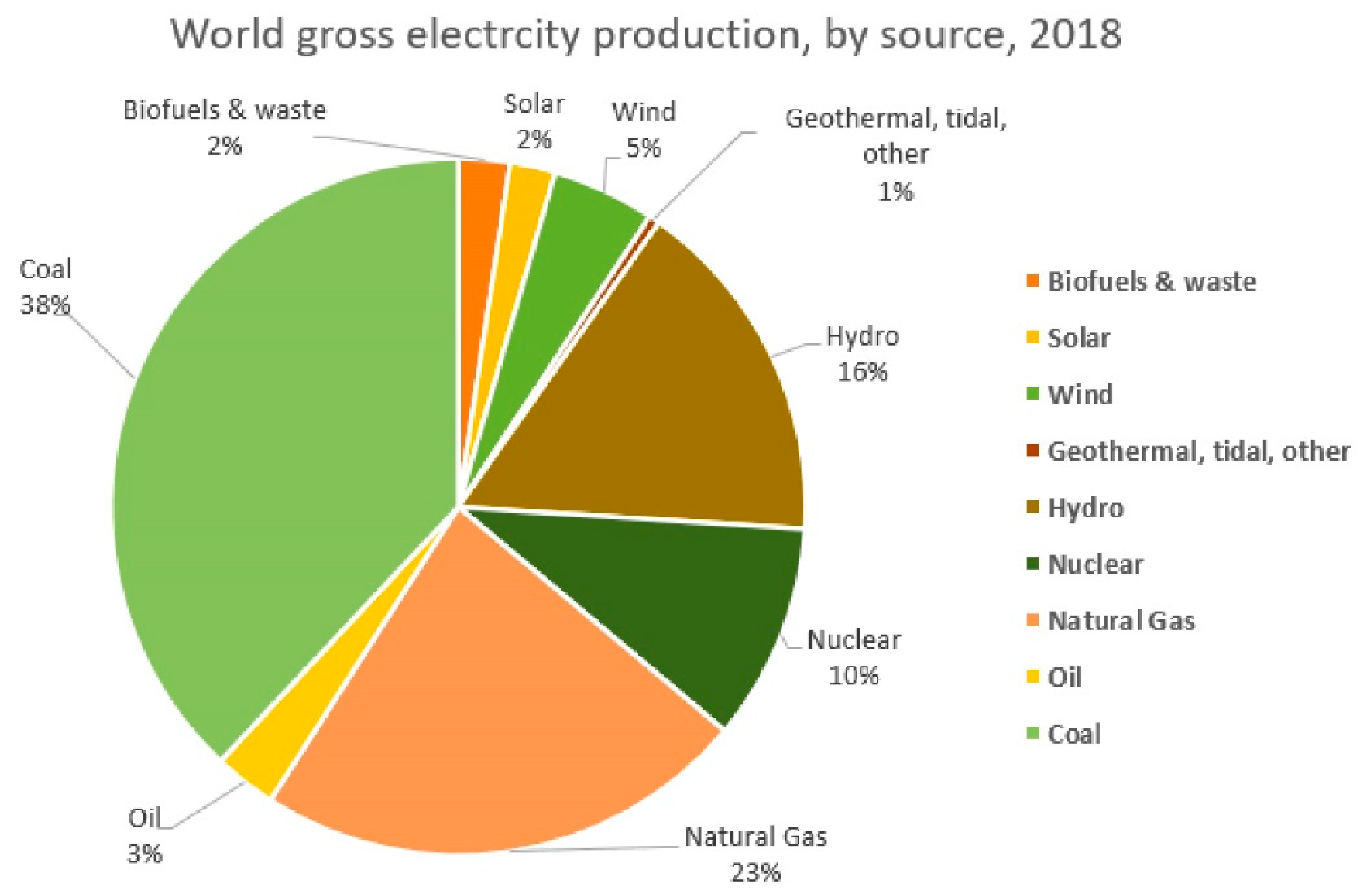P. Pakistan’s energy problems, their economic impact and prospects for the future.

Pakistan has been facing significant energy problems for several years, with a shortage of power generation capacity leading to frequent blackouts and load shedding. The country’s energy crisis has had a significant economic impact, with businesses and industries suffering due to power outages and high energy costs.
The energy crisis in Pakistan is caused by a number of factors, including a lack of investment in the energy sector, outdated infrastructure, and a reliance on expensive imported fuels. The government has undertaken several measures to address the crisis, including investing in new power generation capacity, improving transmission and distribution infrastructure, and promoting renewable energy sources.
Despite these efforts, Pakistan’s energy problems continue to persist, with the country still facing frequent blackouts and load shedding. The energy crisis has had a significant impact on the country’s economy, with businesses and industries suffering due to power outages and high energy costs.
However, there are some prospects for the future of energy in Pakistan. The country has significant potential for renewable energy sources such as solar, wind, and hydroelectric power. The government has announced plans to increase the share of renewable energy in the country’s energy mix, with a target of generating 30% of the country’s electricity from renewable sources by 2030.
Pakistan is also exploring the potential of shale gas reserves, which could provide a significant source of energy for the country in the future. The government has announced plans to develop shale gas reserves in the country, which could help to address the country’s energy problems.
In conclusion, Pakistan’s energy problems have had a significant economic impact, but there are prospects for the future. The government’s efforts to invest in new power generation capacity, improve infrastructure, and promote renewable energy sources are steps in the right direction, and if implemented effectively, could help to address the country’s energy crisis.